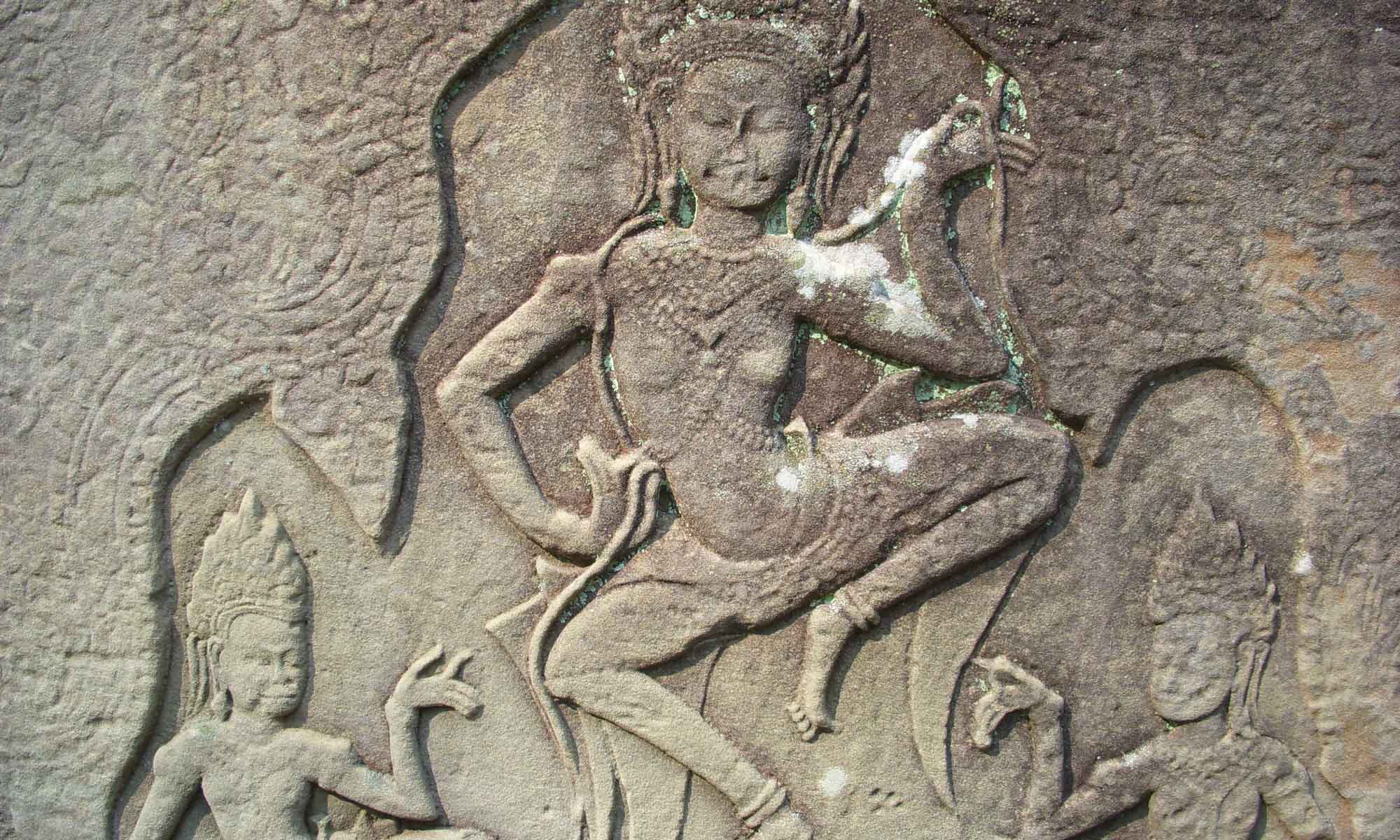Yuria Celidwen
 I am a native of Chiapas (Mexico), where life is ardent, impetuous and fierce; magic abounds and life swells. Yet, despite being such a lush natural area, the conditions of life can be very hard. Fight-or-flight is much of the daily bread, so I grew up aware of the fragility of life, learning to truly enjoy the present moment. This led me to ponder ways to care for myself and all others, through the cultivation of kindness, wisdom and compassion. I aim to improve the quality of life of all beings, starting by acknowledging and taming my own shadow, and then helping others do the same. I know our conditioning can be transformed to one of cooperation and growth. Through the study of mythology and mysticism, it has become evident to me that a tension between opposites is necessary for creation to arise. My aim is to awaken consciousness to the holiness of everyday life, in order to be of conscious service, respecting the natural world and our natural being, for the benefit of the world we share.
I am a native of Chiapas (Mexico), where life is ardent, impetuous and fierce; magic abounds and life swells. Yet, despite being such a lush natural area, the conditions of life can be very hard. Fight-or-flight is much of the daily bread, so I grew up aware of the fragility of life, learning to truly enjoy the present moment. This led me to ponder ways to care for myself and all others, through the cultivation of kindness, wisdom and compassion. I aim to improve the quality of life of all beings, starting by acknowledging and taming my own shadow, and then helping others do the same. I know our conditioning can be transformed to one of cooperation and growth. Through the study of mythology and mysticism, it has become evident to me that a tension between opposites is necessary for creation to arise. My aim is to awaken consciousness to the holiness of everyday life, in order to be of conscious service, respecting the natural world and our natural being, for the benefit of the world we share.
Yuria is a Mexican PHD candidate in mythology and depth psychology at Pacifica Graduate Institute. She is a graduate from the Four Year Program in Sustainable Happiness and the Contemplative Psychotherapy Program from the Nalanda Institute for Contemplative Sciences.
“To create stories of atonement and empowerment, one has to converge seemingly opposite views of life: suffering and hope, shadow and psychic awareness, abuse and respect.”
Her paper, Tonantzin Coatlicue Guadalupe: Christian Symbolism, Colonization and Social Justice, reconciles these polarizations through the image of the Mexican icon of the Lady of Guadalupe as a symbol of the dispossessed, a shadow of conditioning for colonization, a relation to Aztec goddess Tonantzin Coatlicue, and an emblem for atonement.
Kate Brunner

Kate Brunner is a writer, healer, ritualist, & member of The Sisterhood of Avalon, where she currently serves as Hearthkeeper Matron on the Council of Nine. She is also Project Co-Weaver and a permanent contributor at the Feminism and Religion Blog Project. Her writings appear in Paganism 101: An Introduction to Paganism by 101 Pagans and the forthcoming Goddess in America anthology, both from Moon Books. She holds a BA from Tulane University, where she studied Economics, International Relations, & Religious Traditions.
Kate is a presenter for Red Tents & women’s retreats. She also hosts seasonal women’s gatherings, facilitates labyrinth & rite of passage rituals, and leads workshops on an assortment of women’s spirituality topics. During 2016, in addition to presenting at the Association for the Study of Women and Mythology Conference, she will also be teaching at the inaugural Ninefold Festival in Orange, CT.
She will be bringing two of the Ladies of the Mabinogion to life at ASWM this year with a writing workshop, Becoming Branwen the Peaceweaver and a presentation “Rhiannon, Great Queen of the Mabinogi” on the panel, Women’s Spirituality, Transformative Scholarship and Personal Quest.
“Goddess myths endure because of their sustainable relevance to our internal & external lives. Paradoxically, understanding the cultural context that birthed Goddess myths actually helps us to better grasp their relevance to us as modern practitioners of Goddess spirituality, feminism, & activism. Threads of the struggle for social justice run through many of our ancient & medieval Goddess mythologies, patiently waiting for us to spin them out and reweave them back into modern context. These are the sacred texts of our collective Goddess traditions. As such, they deserve careful scholastic exegesis followed by mindful modern eisegesis in order to grasp their full power in the modern age.”







You must be logged in to post a comment.